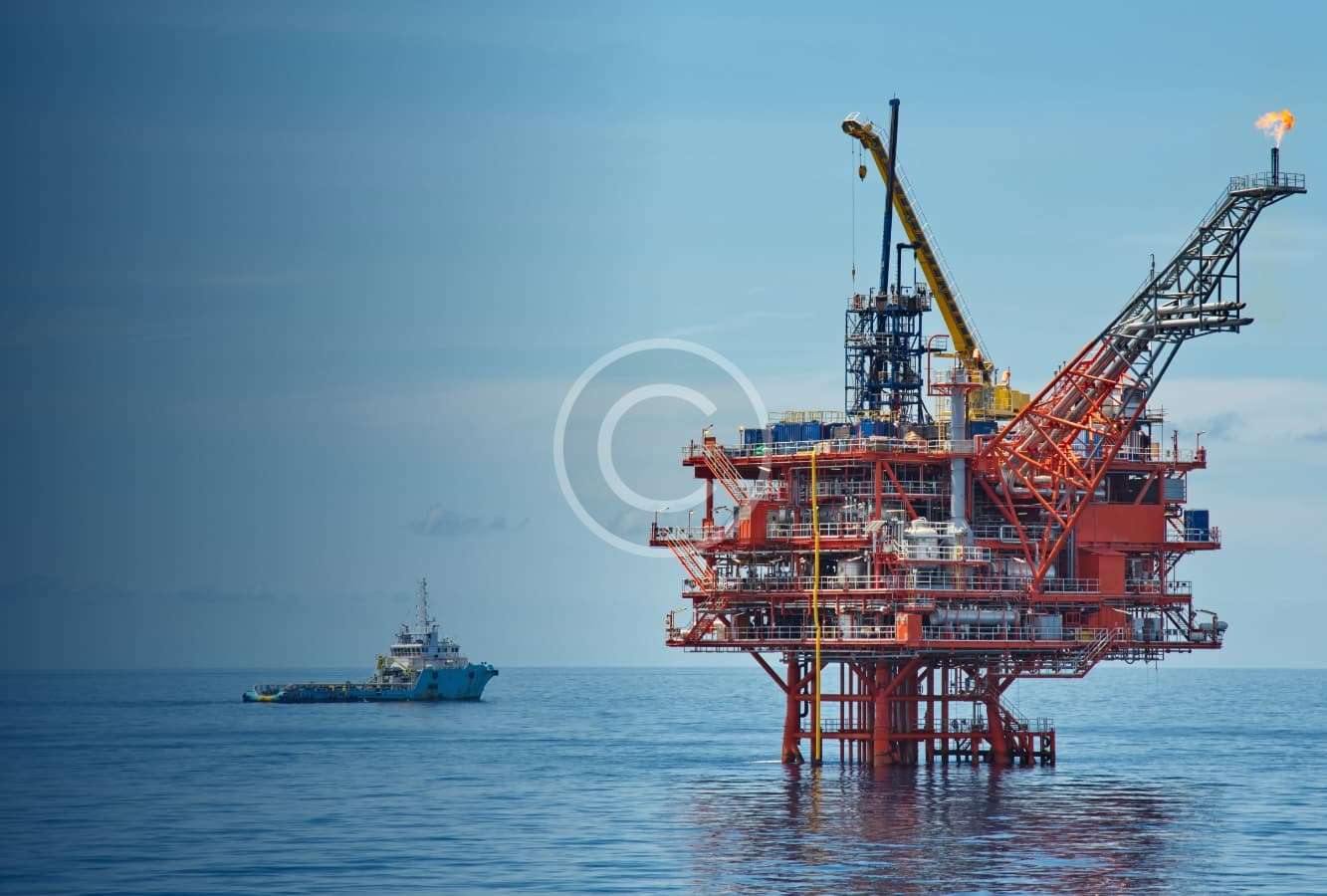MPump Selection & System Design: Key Considerations for Efficiency & Performance
Pumps are an essential component in various industries, from water treatment to chemical processing and manufacturing. Selecting the right pump and designing an efficient system can significantly impact performance, energy consumption, and overall cost. In this guide, we explore the key factors to consider when choosing a pump and how to design an optimal pumping system.
1. Choosing the Right Pump Type
Selecting the appropriate pump depends on the application, fluid properties, and operational requirements. Here are some common pump types and their uses:
- Centrifugal Pumps – Ideal for high-flow, low-viscosity liquids, commonly used in water supply, HVAC, and industrial applications.
- Diaphragm Pumps – Perfect for handling corrosive, abrasive, or viscous fluids, widely used in chemical and pharmaceutical industries.
- Gear Pumps – Best suited for high-viscosity fluids like oils, fuels, and chemicals, providing precise flow control.
- Submersible Pumps – Used for dewatering, sewage, and underwater applications where the pump must be fully immersed.
- Peristaltic Pumps – Often used in medical, food, and chemical industries where contamination-free fluid transfer is required.
2. Designing Efficient Pumping Systems
An efficient pumping system helps reduce energy costs, improve performance, and enhance equipment longevity. Key design considerations include:
✔ Correct Sizing – Oversized pumps waste energy, while undersized pumps lead to system inefficiencies. Proper calculations ensure the pump meets flow and pressure demands.
✔ Minimizing Pipe Friction Losses – Using smooth, properly sized pipes and reducing bends can decrease resistance and energy consumption.
✔ Variable Frequency Drives (VFDs) – Adjusting pump speed to match demand can significantly save energy.
✔ Proper Placement & Layout – Positioning the pump near the fluid source minimizes suction lift and improves efficiency.
3. Material Selection for Corrosive or Abrasive Fluids
When handling aggressive fluids, choosing the right pump materials is crucial for durability and safety:
🔹 Stainless Steel – Ideal for corrosive chemicals, acids, and food-grade applications.
🔹 Cast Iron – Suitable for non-corrosive, general-purpose applications.
🔹 Polymer & Plastic Pumps – Used for highly acidic or alkaline solutions.
🔹 Ceramic & Coated Pumps – Best for highly abrasive slurries in mining and wastewater treatment.
Conclusion
Selecting the right pump and designing an efficient system requires careful consideration of fluid properties, system demands, and material compatibility. A well-optimized pumping solution not only improves efficiency but also extends equipment life and reduces operational costs.
Need expert advice on pump selection and system design? Get in touch with our team for tailored solutions! 🚀


